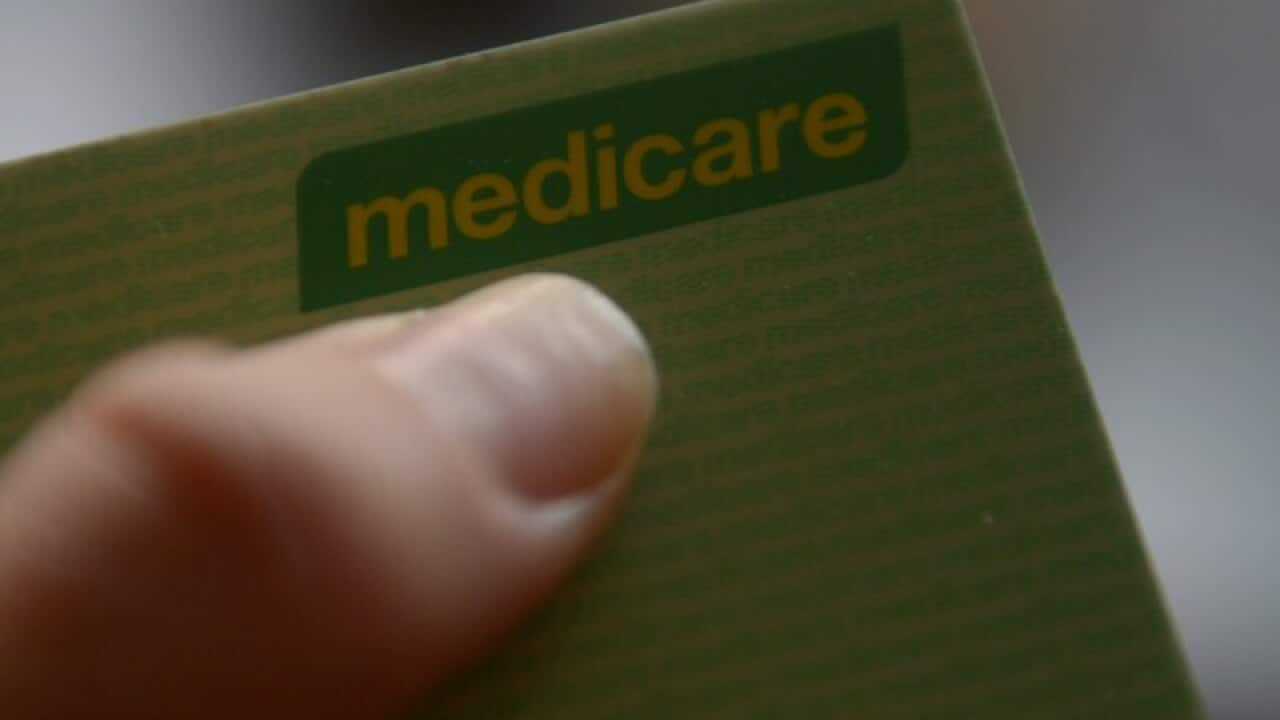In Australia, having Medicare cover has many benefits. It lets you access a range of medical services for free or at a lower cost as well as lower cost prescriptions and free care as a patient in a public hospital.
Who is eligible?
You must reside in Australia to get a Medicare card and be:
- an Australian or New Zealand citizen,
- a permanent resident (including returning residents),
- an applicant for a permanent visa who has the right to work in Australia or who has a parent, spouse or child who is an Australian citizen or permanent resident or a New Zealand citizen (who is an Australian resident),
- covered by a Ministerial order,
- or a resident of certain Australian dependency islands.
You can also get a Medicare card if you visit Australia from a Reciprocal Care Agreement country. Australia currently has agreements with 11 countries, including the UK, Belgium and Italy.
See the.

A man walks into a Medicare and Centrelink office at Bondi Junction on March 21, 2016 in Sydney, Australia. Source: Getty
How to enrol
You need to , which you can download on the Department of Human Services (DHS)’ website or find in a .
Once the form completed, you need to take it to a with the required documents. Those are different if you’re a citizen, a permanent resident, on a visa, etc.
How to make a claim
When you apply for Medicare, you can link your bank account. Most of the claims will be processed at the doctor’s office, and you’ll receive the money in your account a few days later.
If it’s not possible to do it on the spot, you can do it by mail, or through the .
“If you download the Medicare smartphone app, you can actually lodge a claim via your smartphone,” explains DHS spokesperson Hank Jongen.
"And the beauty of using the app, is that you can take a photograph of any receipts that you need to provide us with, and you can upload those through the smartphone app."

An overview of the Medicare app Source: DHS
Support in English and other languages
What about new migrants?
Many people, like those on working-holiday or student visas, are not covered by Medicare.
Stephen Duckett, from the Grattan Institute, highly recommends that they take up a private health insurance.
"Medicare is an arrangement for Australian citizens and permanent residents," he explains.
"If you're a newly arrived migrant, in some circumstances, you're covered by Medicare, but in some circumstances, you're not at all.
"That means that you should have some sort of private insurance arrangement to make sure you can afford to pay your medical bills and your hospital bills."
If you're an asylum seeker who is not eligible for Medicare, there are a few organisations in each state, like the , who can help you cover your medical bills.
